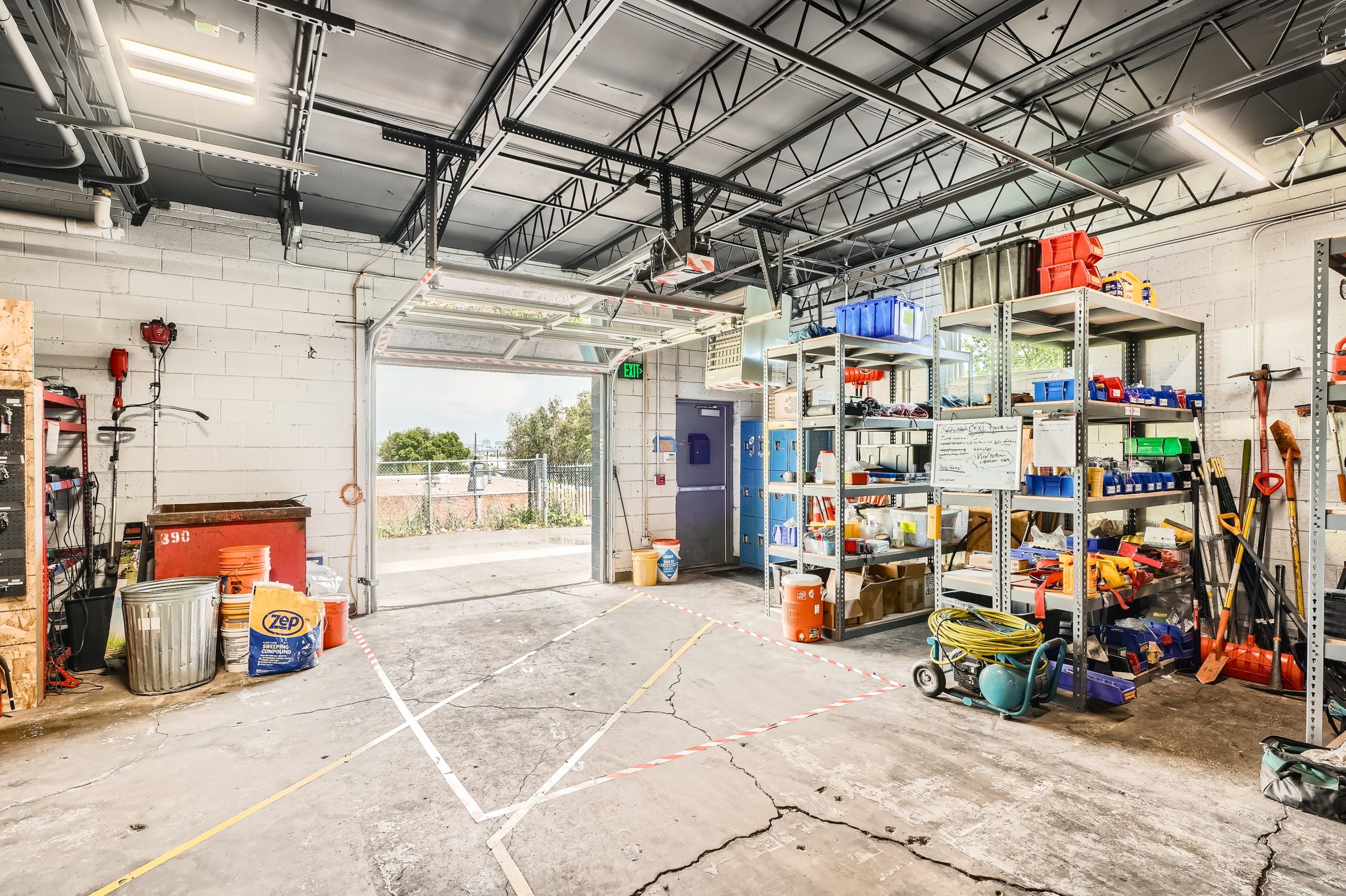Denver, Colorado has firmly established itself as one of the most important industrial real estate markets in the Mountain West. With its central location, expanding infrastructure, and diversified economy, Denver continues to attract logistics providers, manufacturers, and distribution-driven businesses seeking scalable industrial space. Navigating this fast-moving market requires the guidance of an experienced industrial real estate broker with deep local insight.
Benchmark Commercial Real Estate provides specialized industrial brokerage services throughout Denver, representing tenants, buyers, landlords, and investors with a strategic, market-driven approach. With a strong understanding of Denver’s industrial submarkets and evolving demand drivers, Benchmark helps businesses secure properties that support both current operations and long-term growth.
The Growing Importance of Industrial Real Estate in Denver
Denver’s industrial real estate sector has experienced sustained growth in recent years, fueled by population expansion, e-commerce acceleration, and supply chain optimization. The city’s location at the crossroads of major regional and national transportation routes makes it an ideal hub for warehousing, distribution, and light manufacturing.
Industrial vacancy rates across Denver remain well below national averages, signaling strong tenant demand and limited available inventory. According to reporting from the Colorado Real Estate Journal, industrial absorption across the Denver metro area continues to outpace new supply, placing upward pressure on lease rates and reinforcing the need for expert representation.
Strategic Location and Infrastructure Advantages
Denver benefits from direct access to Interstate 25, I-70, and I-76, allowing efficient movement of goods throughout the Front Range and beyond. Proximity to Denver International Airport—one of the nation’s largest cargo hubs—further strengthens Denver’s position as a logistics and distribution center.
Ongoing investments in freight corridors, rail infrastructure, and roadway improvements continue to enhance Denver’s industrial connectivity. These upgrades reduce transit times, improve operational efficiency, and increase the long-term value of well-located industrial assets.
Key Economic Drivers Supporting Industrial Demand
Denver’s diversified economy plays a major role in sustaining industrial real estate demand. Aerospace, technology, energy, and advanced manufacturing sectors all require specialized industrial facilities to support production, storage, and distribution.
E-commerce growth and the expansion of third-party logistics providers have further intensified competition for industrial space, particularly near airport corridors and urban infill locations. Market data from the National Association of Industrial and Office Parks continues to highlight strong demand for last-mile and regional distribution facilities across constrained metro markets like Denver.
The Role of an Industrial Real Estate Broker in Denver
Industrial real estate transactions involve complex considerations beyond square footage and pricing. Benchmark Commercial Real Estate serves as a strategic advisor throughout the entire transaction process.
Market Insight and Data Analysis
Benchmark provides real-time market intelligence, including vacancy trends, lease rate movement, and upcoming development activity. This data-driven approach helps clients make informed decisions and anticipate shifts in Denver’s industrial submarkets.
Customized Property Search and Site Selection
Industrial brokers at Benchmark tailor property searches based on operational needs such as ceiling height, dock configuration, power capacity, truck access, and proximity to transportation hubs. This targeted approach saves time and improves outcomes in Denver’s competitive environment.
Negotiation and Transaction Management
Benchmark advocates for favorable lease and purchase terms while coordinating due diligence, environmental reviews, inspections, legal documentation, and lender communication. This ensures transactions move efficiently from initial negotiations through closing.
Industrial Market Trends Shaping Denver
Several trends continue to influence industrial real estate demand in Denver:
E-commerce growth driving last-mile and regional distribution demand
Sustainability initiatives increasing interest in energy-efficient and LEED-aligned facilities
Automation and advanced manufacturing influencing building design and infrastructure needs
Brokers with technical expertise and local market knowledge play a critical role in helping businesses adapt to these evolving requirements.
Why Work With a Local Denver Industrial Broker
Local representation offers a significant advantage in Denver’s industrial market. Benchmark Commercial Real Estate understands how zoning, infrastructure investments, and submarket dynamics affect industrial property performance.
Clients benefit from access to off-market opportunities, strategic negotiation, and long-term advisory support designed to align real estate decisions with operational and financial objectives.
Learn more about Benchmark’s industrial brokerage services at https://crebenchmark.com/services/, explore Denver market expertise at https://crebenchmark.com/markets/denver/, or visit https://crebenchmark.com/ to learn more about the firm.
Conclusion
Denver offers one of the strongest industrial real estate environments in the western United States, defined by strategic location, economic diversity, and sustained demand. Successfully navigating this market requires localized insight, technical understanding, and skilled negotiation.
Benchmark Commercial Real Estate stands ready to serve as a trusted partner for industrial real estate opportunities in Denver, Colorado.


